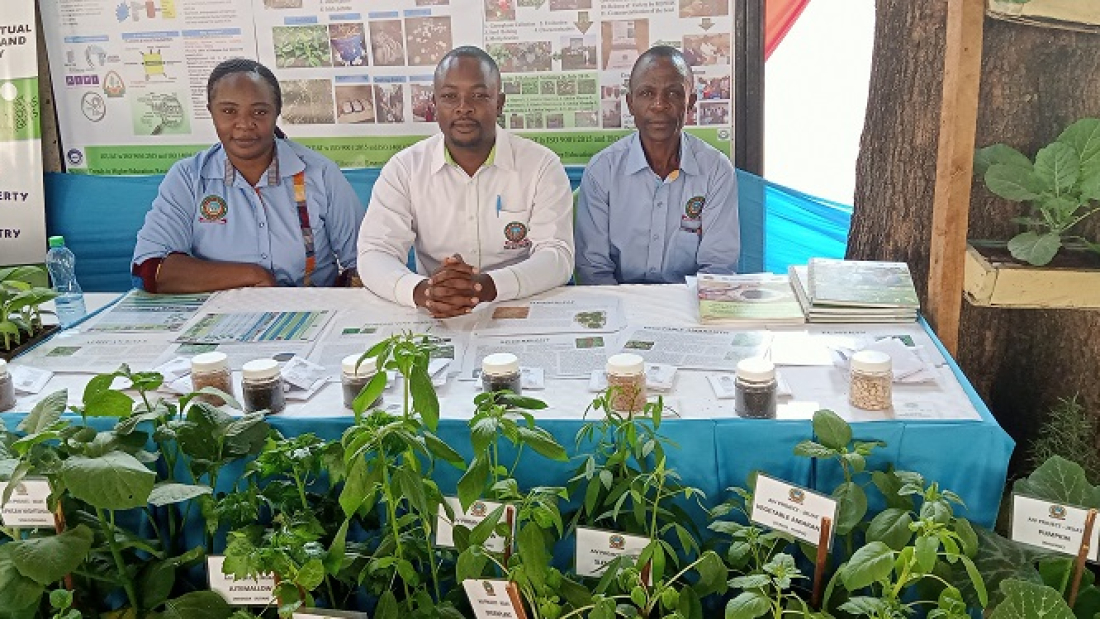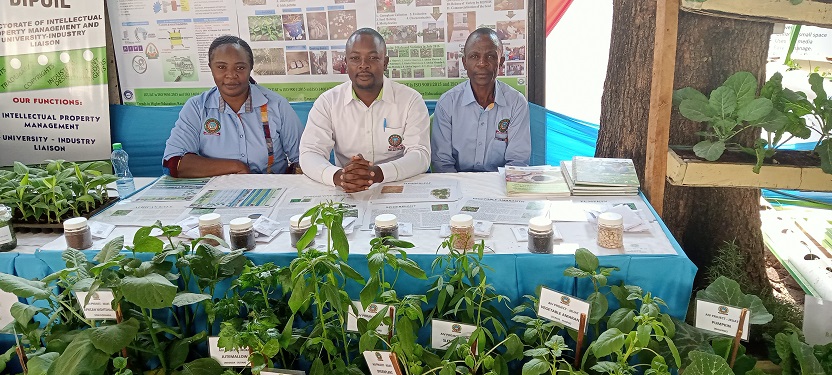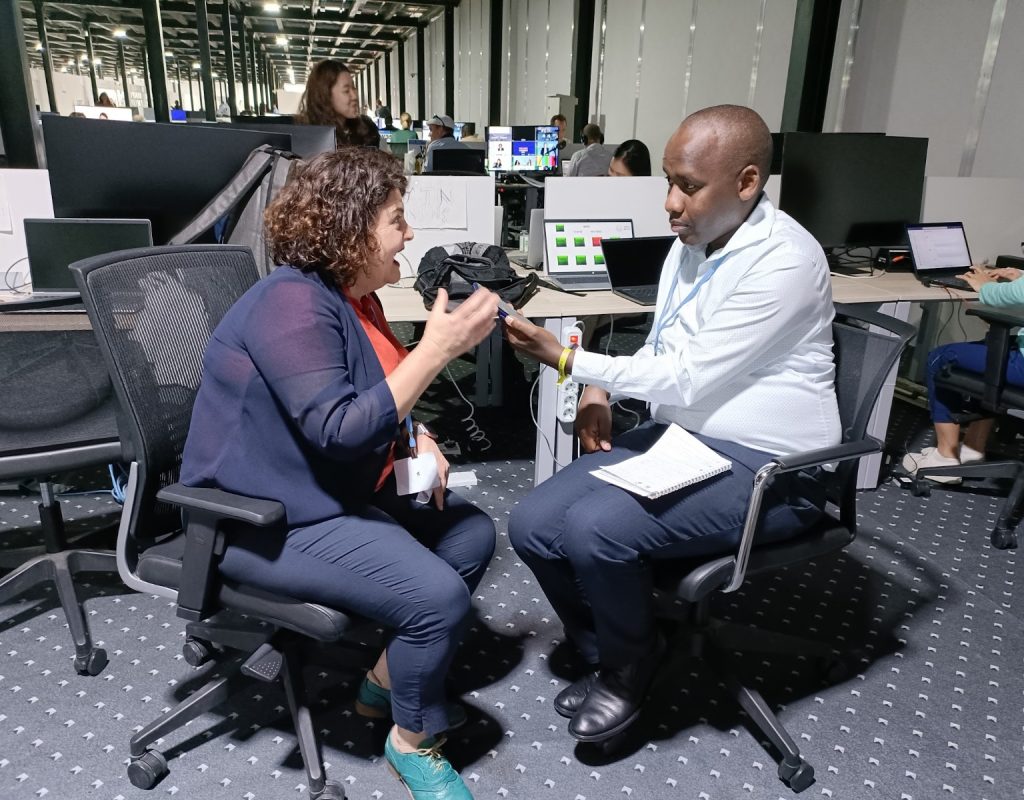
By Joyce Chimbi | j.chimbi@gmail.com
Conservationists are rushing against the tide in a bid to protect urban green spaces against encroachment.
This is a mid the increasing pressure to turn every open space, especially in towns, into a concrete jungle for short-term profits and economic growth.
Margaret Wanjiru, a County Forest Conservator at the Kenya Forestry Service (KFS) in Nairobi, says that with the rising urban population that has led to urban physical expansion, the role of green spaces as a healthy outlet for city dwellers cannot be overemphasised.
“We have many urban green spaces in Kenya as a whole and within Nairobi in particular. These spaces are very important to our environment and surrounding communities and they remain protected from external influences that could lead to their destruction,” says Ms Wanjiru.
While it is documented that urban green spaces are a source of environmental, social and health benefits, providing inspirations and generating revenue through ecotourism, environmentalists and conservationists remain vigilant against their encroachment.
Wanjiru says urban green spaces are important because they also enable cities to contribute to the larger biodiversity agenda.
In Karura Forest, for instance, one of the green spaces in Nairobi, it is evident that urban biodiversity is under threat and efforts are in place for its protection.
Within the forest and along the cool picnic trails, visibly placed signs warn visitors against carrying any plants, animals or any other material from the forest into the outside world.
“Carrying any material outside the forest would be akin to biodiversity piracy and this is an offence. The forest and everything therein should remain within the protected fenced area,” said James Mwang’ombe Mwamodenyi, Principal Conservator of Forests at KFS.
The Kenya Forest Service is a State Corporation established under the Forest Conservation and Management Act, 2016.
Its mandate and functions include to enhance development, conservation and management of Kenya’s resource base in all public forests and assist county governments to develop and manage forest resources on community and private lands for equitable benefit of present and future generations.
Karura Forest remains tightly in the grip of KFS. The estimated size of the urban forest is 1,041 hectares, consisting of three parts separated by Limuru and Kiambu roads. It is the largest preserve in Nairobi and remains a shining example of green building and sustainability.
Records by the Kenya Forest Service show that the forest, located just two kilometres from Nairobi’s Central Business District, is a biodiversity hotspot for 200 bird species and iconic mammals such as the colobus monkey.
Within the forest, visitors are treated to wetlands, a majestic waterfall, a variety of indigenous tree species, a water fall, birds, butterflies and wildlife habitats.
Besides its relaxing recreational value, as one of the remaining local indigenous forests, Karura is a critical carbon sink and is considered the lungs of an industrial powerhouse that is Nairobi.
Environmentalists at Kenya Forest Services therefore stress that the forest is instrumental in Kenya’s agenda to bring harmful greenhouse gas emissions to below 1.5 degree Celsius.
In the Nationally Determined Contribution (NDC) to limit global warming under the Paris Agreement on Climate Change, Kenya has committed to abate greenhouse gas (GHG) emissions by 32 per cent by 2030.
In all, experts at KFS such as Mwang’ombe says urban areas can successfully reach ecological safety where environmental and ecological factors are prioritised alongside economic benefits.



















